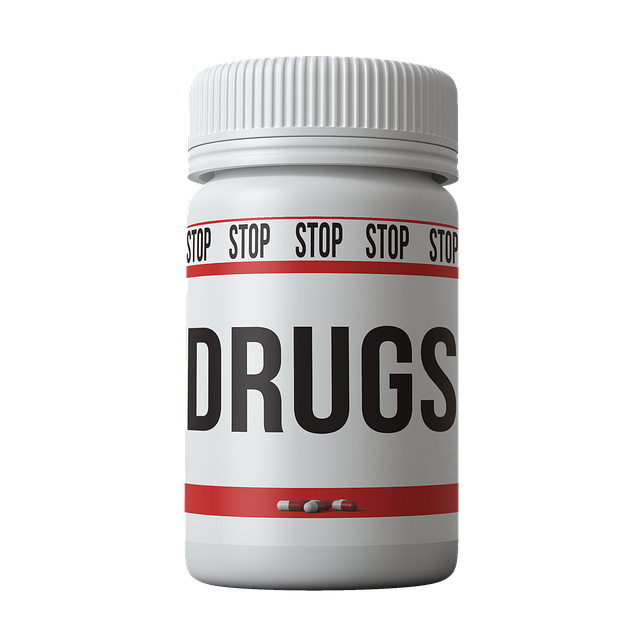Discover The First Warning Signs Of A Heart Disease
Heart disease remains one of the leading causes of death worldwide, yet many people miss the early warning signs that could save their lives. Recognizing these initial symptoms is crucial for early intervention and treatment. The human body often sends subtle signals that something isn't functioning properly with the heart, long before a major cardiac event occurs. Understanding these warning signs can make the difference between life-threatening complications and successful management of heart conditions.

First Warning Signs Of A Heart Disease
The earliest signs of heart disease can be surprisingly subtle and easy to dismiss. Chest discomfort is perhaps the most recognized warning sign, but it doesn’t always manifest as dramatic chest pain. Many patients report a feeling of pressure, squeezing, fullness, or pain in the center or left side of the chest that comes and goes. This discomfort may last for several minutes, disappear, and then return. Some describe it as indigestion or heartburn, leading them to delay seeking medical attention. While chest pain remains the hallmark symptom of heart issues, it’s important to understand that not all heart problems cause chest pain, and not all chest pain indicates heart disease.
Another early indicator is unusual fatigue or unexplained weakness. If you find yourself exhausted after activities that were previously easy to complete, your heart might be struggling to pump sufficient blood. This fatigue often feels different from normal tiredness—it can be overwhelming and persistent, affecting your daily activities significantly. Many patients report feeling this extreme fatigue weeks or even months before more obvious cardiac symptoms develop.
Early Signs Of Heart Disease
Shortness of breath is a critical early warning sign that shouldn’t be ignored. If you find yourself breathless during activities that never troubled you before, or if you experience breathlessness while resting or lying down, your heart may not be effectively pumping blood, causing fluid to back up in your lungs. This symptom often accompanies fatigue and can occur without chest pain, particularly in women. When the heart isn’t pumping efficiently, everyday activities like climbing stairs, carrying groceries, or even walking short distances can leave you winded.
Swelling in the lower extremities is another indicator that your heart might be struggling. When the heart isn’t pumping effectively, blood can back up in the veins, causing fluid to accumulate in the legs, ankles, and feet. This edema often worsens as the day progresses and may improve overnight when legs are elevated. You might notice that your shoes feel tight in the evening or that you can see indentations in your skin after removing socks. This swelling can sometimes extend to the abdomen and cause unexpected weight gain from fluid retention.
Heart Disease Symptoms
Heart palpitations—the sensation that your heart is skipping beats, fluttering, or beating too hard or fast—can signal various heart conditions. While occasional palpitations are common and often harmless, frequent or severe episodes warrant medical attention. These sensations may feel alarming but don’t necessarily indicate a severe problem. However, when combined with other symptoms like dizziness or chest discomfort, they may point to arrhythmias or structural heart problems that require treatment.
Dizziness, lightheadedness, or fainting episodes (syncope) are serious symptoms that shouldn’t be dismissed. When the heart isn’t pumping enough blood to the brain, these symptoms can occur. Sometimes, fainting is the first and only symptom of a heart problem, particularly in older adults. These episodes can happen suddenly and without warning, posing additional risks from falls or accidents. If you experience unexplained dizziness or fainting, especially during exertion, seek medical evaluation promptly.
Pain or discomfort in areas other than the chest can indicate heart problems. Discomfort may radiate to the shoulders, arms (especially the left), back, neck, jaw, or upper abdomen. Some patients, particularly women, experience these symptoms without any chest pain at all. The pain may be subtle—a dull ache, numbness, or tingling rather than sharp pain—making it easy to attribute to muscular issues or other non-cardiac causes. These symptoms deserve attention, especially when they occur with exertion or emotional stress and improve with rest.
Manage Heart Disease Symptoms
Early detection of heart disease symptoms allows for timely management strategies that can significantly improve outcomes. Lifestyle modifications form the cornerstone of heart disease management. Regular physical activity, following a heart-healthy diet low in saturated fats and sodium, maintaining a healthy weight, quitting smoking, limiting alcohol consumption, and managing stress all play crucial roles in controlling symptoms and preventing progression. Even modest changes—like walking 30 minutes daily or reducing salt intake—can make a substantial difference in symptom severity.
Medication adherence is essential for symptom management. Depending on your specific condition, your doctor may prescribe medications to lower blood pressure, reduce cholesterol, prevent blood clots, or help your heart work more efficiently. Taking these medications exactly as prescribed, even when you’re feeling well, helps maintain symptom control. Many patients struggle with medication adherence due to side effects or complicated regimens, but working with your healthcare provider to address these challenges is crucial for successful management.
Regular monitoring and follow-up care are vital components of heart disease management. This includes keeping track of your symptoms, measuring blood pressure and heart rate, weighing yourself regularly to detect fluid retention, and attending scheduled medical appointments. Many patients benefit from cardiac rehabilitation programs that provide supervised exercise, education, and support. These comprehensive programs help improve function, reduce symptoms, and enhance quality of life while teaching valuable self-management skills.
When To Seek Emergency Care
Understanding the difference between manageable symptoms and emergency warning signs can save lives. Seek immediate medical attention if you experience severe chest pain lasting more than a few minutes, especially if accompanied by shortness of breath, nausea, or cold sweats. These could indicate a heart attack in progress. Similarly, sudden severe shortness of breath, fainting, or severe weakness require emergency care. Women, elderly patients, and those with diabetes may experience more subtle symptoms during cardiac emergencies, such as unusual fatigue, indigestion-like discomfort, or back pain.
Prevention remains the best approach to heart disease. Regular check-ups can detect risk factors like high blood pressure, diabetes, or elevated cholesterol before symptoms develop. Knowing your family history of heart disease helps determine your risk level and appropriate screening schedule. Many cardiac conditions can be managed effectively when caught early, preventing the development of more serious symptoms or complications.
This article is for informational purposes only and should not be considered medical advice. Please consult a qualified healthcare professional for personalized guidance and treatment.




